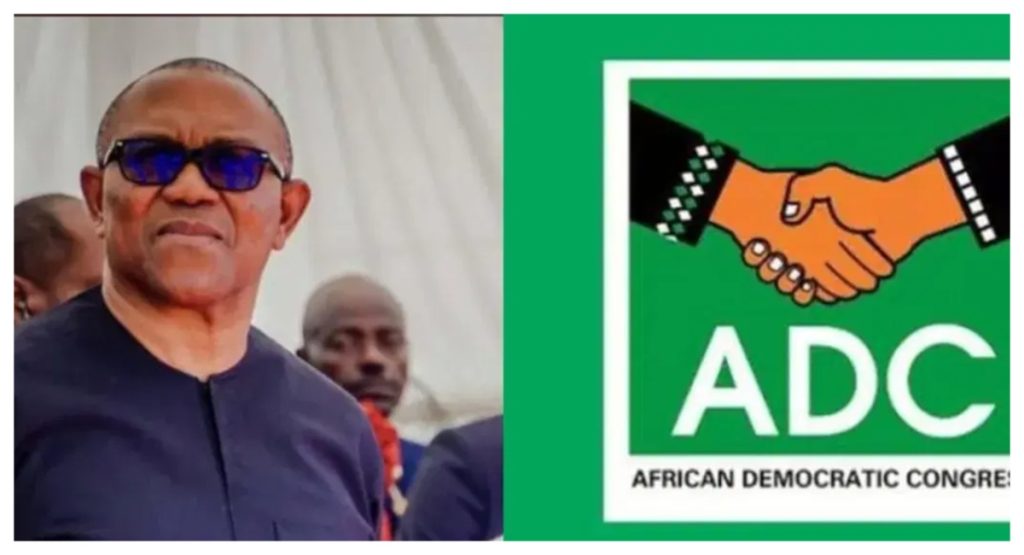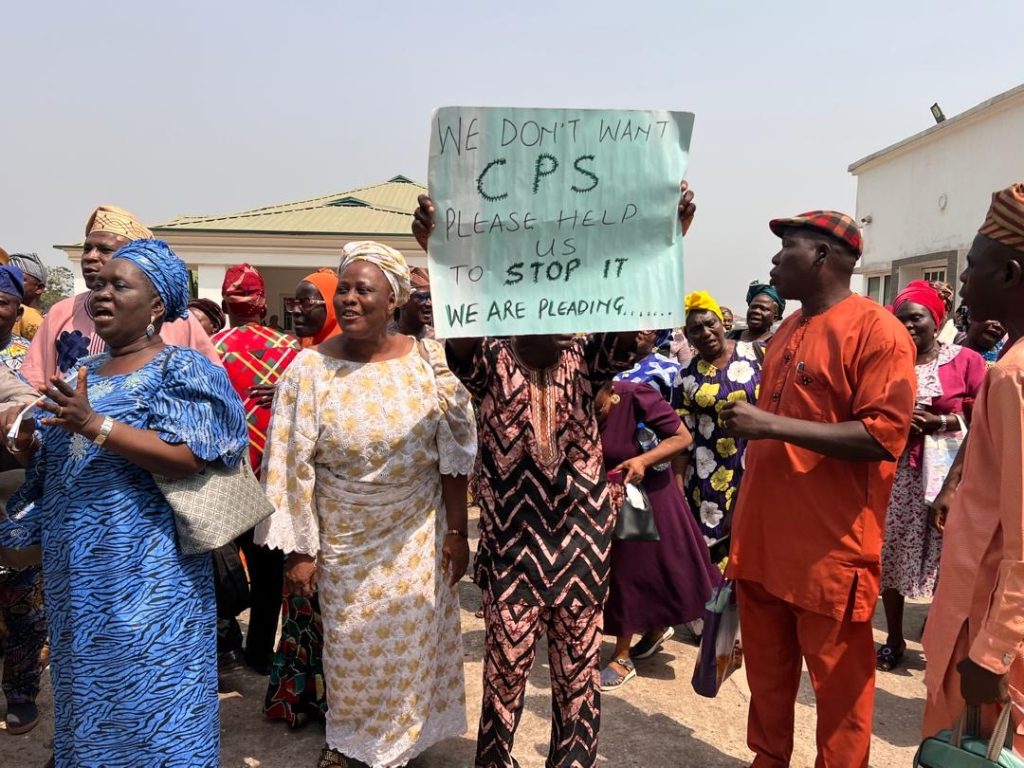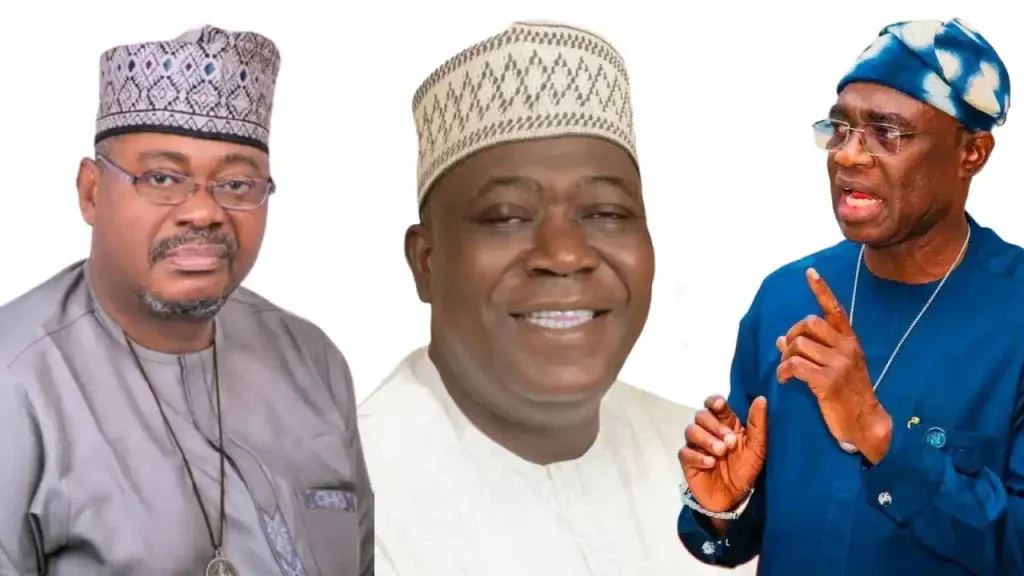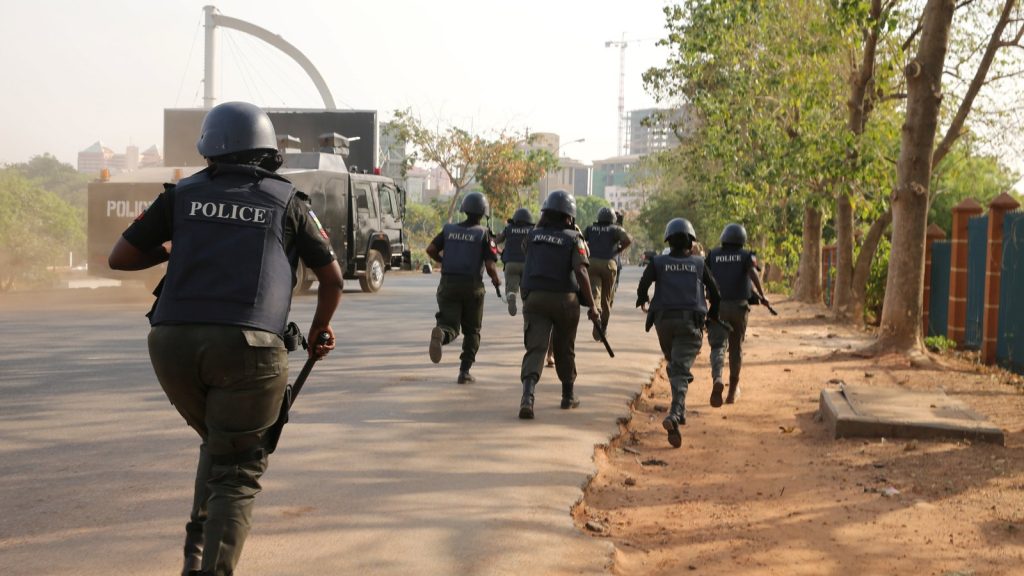The Nigerian Naira showed modest resilience in the official foreign exchange market on Friday, closing at N1,532.34 against the U.S. dollar, according to Central Bank of Nigeria (CBN) data. The currency strengthened by 77 kobo—equivalent to a 0.05% gain—from Thursday’s rate of N1,533.11 per dollar. This marginal uptick followed a week of volatility, with economic activity intersecting with events of national significance.
Earlier in the week, the Naira had continued its upward trajectory from the previous week’s gains, opening strongly on Monday, July 14, 2025, at N1,521.74 against the greenback—a jump of N11.37. However, currency traders faced an unexpected pause in activity as Nigeria entered a period of mourning following the death of former President Muhammadu Buhari. The late statesman, who led Africa’s most populous nation from 2015 to 2023, passed away at 82 on Sunday, July 13, in a London hospital.
In response, President Bola Tinubu declared a seven-day national mourning period, including a public holiday on Tuesday, July 15, to honor Buhari’s legacy. The former leader was buried the same day in his hometown of Daura, Katsina State, in a ceremony attended by government officials and dignitaries. Financial markets remained closed during the holiday, resuming operations Wednesday. Upon reopening, the Naira faltered, shedding N11.36 against the dollar. The decline deepened by N2.85 on Thursday before Friday’s partial rebound of 77 kobo stabilized the currency.
Currency analysts noted the turbulence coincided with subdued trading volumes during the mourning period, though broader economic factors remain pivotal. The CBN recently intensified efforts to enhance foreign exchange liquidity through reforms, including tighter regulations on Bureau de Change operators. Despite these measures, Nigeria continues to grapple with dollar shortages, driven by reduced oil revenues and rising import costs.
Buhari’s passing brought renewed attention to Nigeria’s political and economic trajectory. During his tenure, his administration faced criticism over currency management policies, including a controversial naira redesign in 2023 that sparked cash shortages. Current economic reforms under Tinubu—such as fuel subsidy removal and exchange rate unification—have sought to stabilize the economy, though inflationary pressures persist.
The interplay between geopolitical developments and currency performance underscores the sensitivity of emerging markets to domestic and global shocks. For Nigeria, a nation balancing economic transformation with political transitions, the week’s events highlighted both the fragility and adaptability of its financial ecosystem. As the CBN monitors forex dynamics, observers await clarity on whether recent reforms will translate into sustained currency stability.



